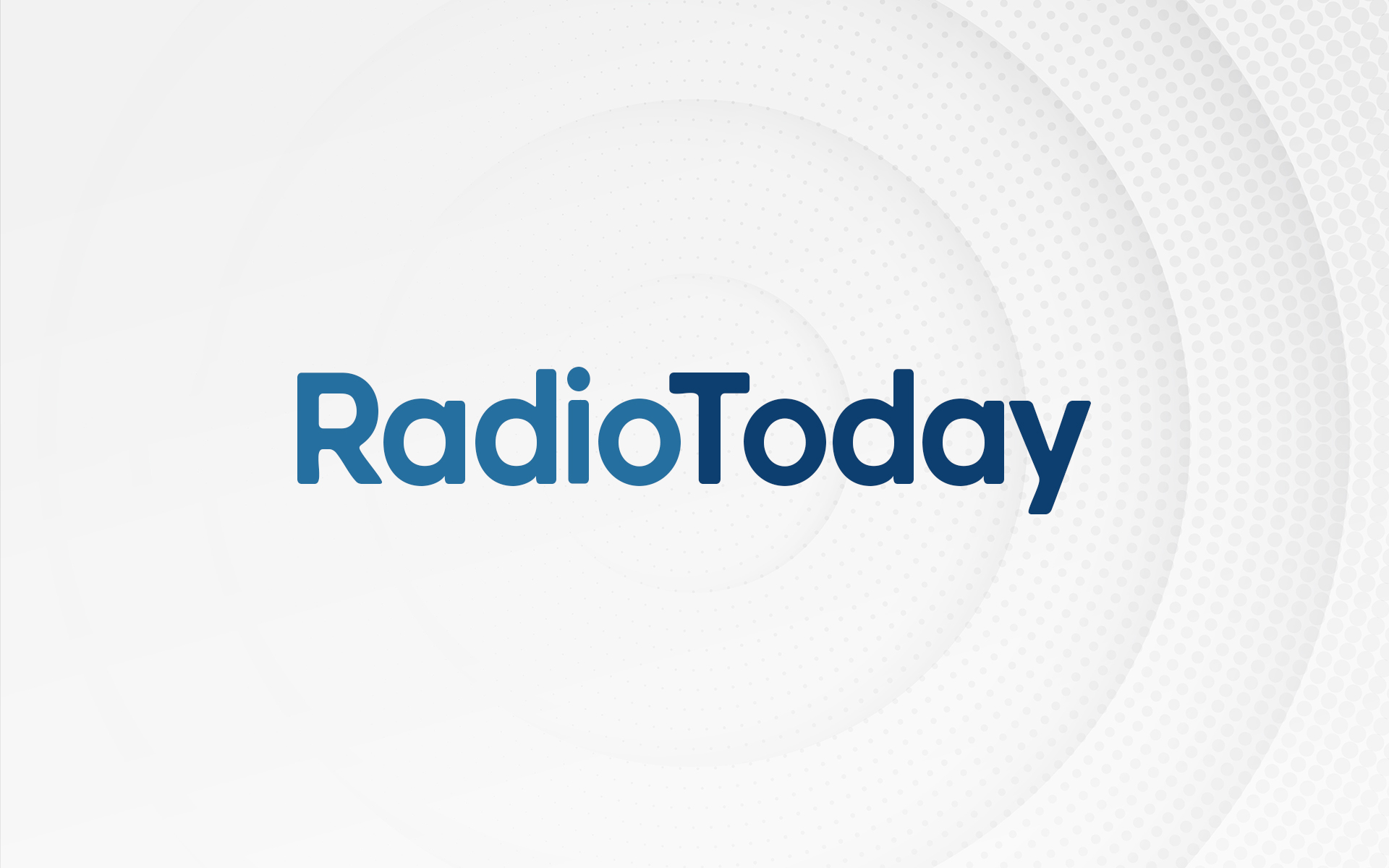
Myers: Radios 1 & 2 could share more
A report on the BBC’s four national popular music stations reveals significant savings could be made by sharing senior management functions rather than operating separately to each other.
John Myers’ project to look at synergies within Radios 1, 2, 1Xtra and 6 Music also says the networks’ news output could be delivered in a more joined-up and cost-effective way – and calls for staff to be given clear guidance on the quality standards expected of the stations.
 Myers – the former CEO of commercial group GMG Radio – was commissioned by the BBC to bring an independent eye to the way the stations are run ahead of his appointment as Chief Executive of the Radio Academy. Previously John had produced a major report into local radio for the government. Published in April 2009, many of his recommendations were taken forward into the Digital Economy Act last year.
Myers – the former CEO of commercial group GMG Radio – was commissioned by the BBC to bring an independent eye to the way the stations are run ahead of his appointment as Chief Executive of the Radio Academy. Previously John had produced a major report into local radio for the government. Published in April 2009, many of his recommendations were taken forward into the Digital Economy Act last year.
After two months of research for this project, Myers’ main conclusion is that despite the similarity in much of the work done by Radio 1, Radio 2 and their respective digital partner stations (1Xtra and 6 Music) they operate in expensive silos at present and would benefit from being in the same building as each other and sharing teams with common functions.
Myers says that the BBC would face accusations of ‘tokenism’, if they don’t explore the enormous cost savings his report presents. The report stops short of recommending a single controller to oversee all four stations, although this is implied in the suggestion to operate ‘under a single-tier management structure’. Radio 1 controller Andy Parfitt and Radio 2 controller Bob Shennan each earned more than £200,000 last year according to the BBC’s own figures, so having one post instead of two would be an obvious way to reduce costs.
Radio 1’s Newsbeat team of 52 staff and Radio 2 announcers who read the news but don’t write any of it also come in for criticism in the report. Myers suggests Newsbeat could form a central team which provides news for all four networks, with agreed personnel reading bulletins for each station. Radio 2’s newsreaders, we’re told, often have ‘little else to do’ between hourly bulletins.
Something Radio 2 could learn from Radio 1, says Myers, would be the savings to be made from having live presenters who operate the mixing desk themselves. At Radio 2 many weekend programmes are pre-recorded, meaning senior producers have to listen to every show in full before it goes to air in order to meet rules on compliance. Similarly, Radio 2 has far more Studio Managers than Radios 1, 1Xtra and 6 Music – we’re told there’s usually one on duty all the time at 2 and they’re often used as a ‘comfort blanket’ for presenters who should be encouraged to self-op where possible.
Myers was impressed by the production teams and overall talent he found on each network, believing they were very often the ‘best of the best’. But he highlighted a lack of clear direction around quality. “Throughout the time I spent at the BBC, staff took pride in informing me about their desire to deliver programmes of the highest quality,” said John. “In fact, the word quality was the most commonly used word I came across in my numerous discussions with personnel and while it was pleasing to hear, it was also interesting to note that few, if any, could succinctly tell me what that meant to their particular network or indeed to their listeners. Delivering quality is so dominant in the minds of staff that there is an opportunity for a clearer outline of what people should be aiming to achieve, especially as it plays an important role in how structures, budgets and methods of working are set up.”
Myers also suggests money could be saved by offering comparatively expensive programmes – such as Radio 2’s Friday Night Is Music Night and Radio 1’s Nations slots – to the independent production sector.
Responding to the report, the BBC’s Director of Audio and Music Tim Davie said: “Helpfully, John has identified some clear areas where we can look to do things more efficiently, such as improving co-ordination and reducing unnecessary duplication where appropriate.
Andrew Harrison, Chief Executive of RadioCentre commented: “John Myers’ report highlights the obligation for the BBC to deliver value for money on behalf of licence fee payers and we look forward to examining the detail.
“If the BBC is ‘putting quality first’, then John is right to focus on how that is measured and resourced.
“By working smarter, Radio’s 1 and 2 will be able to reduce costs and increase quality by addressing duplication in their back-offices, studio locations and management structures. This is second nature to commercial operators.”
Just like any big organisation, there are always ways of doing things better and BBC radio should continue to demonstrate that it is brilliant value for money. I want to achieve this while ensuring that we do not see a dilution in quality or a reduction in clear station leadership which is at the heart of our editorial success. This will mean better value for Licence Fee payers while not threatening the programmes that listeners love.”
You can read the Myers Report in full here. We’ll have reaction from across the industry in tomorrow’s eRADIO – you can send us your thoughts by email and click here to sign up to receive eRADIO every Wednesday morning if you don’t already.
Posted on Tuesday, June 14th, 2011 at 10:29 am by RadioToday Staff


